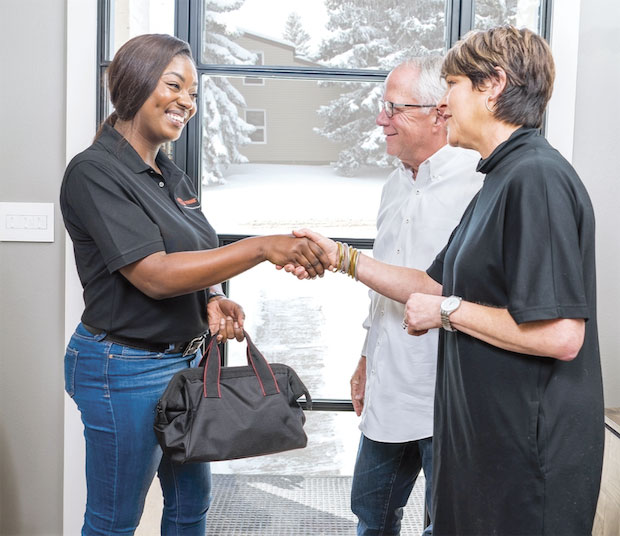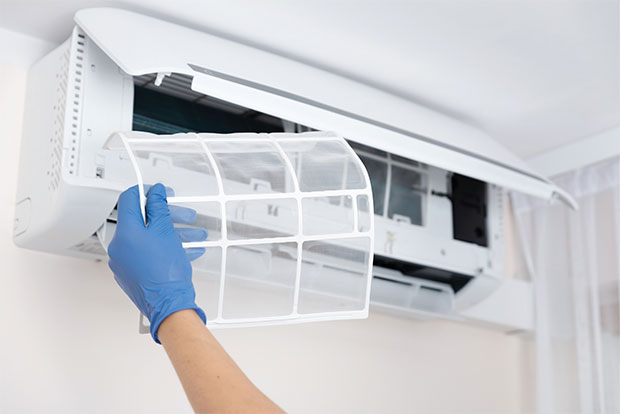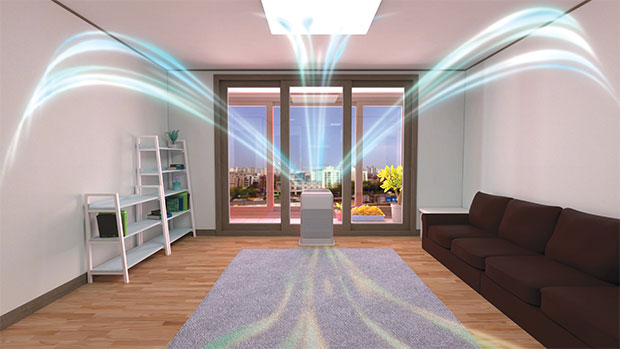Preparing your home for colder weather can lower your energy bills, promote a more comfortable, environment and even help banish winter blues. Here’s what to know:
CHANGE AIR FILTERS
For better indoor air quality (IAQ) and to extend the life of your HVAC system, change filters every 30-90 days. If you have pets or household members with asthma or allergies, change filters more often.
MONITOR INDOOR AIR QUALITY
In a Trane Residential survey, 57% of respondents said they suffer from indoor stuffiness and lack of fresh air. Improving IAQ can help alleviate allergy and asthma symptoms and reduce the spread of colds and flu.
First, determine what airborne particles may be negatively affecting the air. You can also contact an HVAC dealer who can test your IAQ and offer recommendations to improve it. They may recommend installing a whole-home air cleaner like the Trane CleanEffects, which is certified asthma and allergy friendly by the Asthma and Allergy Foundation of America and has been documented to remove 99.9% of the Influenza A (H1N1) virus. The Awair Element is a great way to monitor your IAQ by measuring temperature, humidity, etc.
ASSESS HUMIDITY
Maintaining a home humidity level between 35 and 60% is one key to improving IAQ and ensuring comfort in colder weather. Mold, dust mites and other air pollutants tend to thrive outside that range, and the body’s natural immune system can be compromised in dry air.
“Monitor humidity with a reliable HVAC thermostat. Then, manage it with a whole-home humidifier or dehumidifier,” advises Mark Woodruff, Outdoor Products at Trade Residential senior project manager. “These units are installed professionally and tie into your HVAC ductwork system.”
CHECK INSULATION
Poor insulation is an often-overlooked escape route for heat that forces your heating system to work harder. Homes built in the 1970s or earlier should be checked by an expert, as insulation quality has come a long way since then. Also, foam insulation can settle after a year, so it’s best to inspect insulation annually. Certain insulation jobs can be accomplished by a handy homeowner; however, you may prefer hiring a contractor. The average insulation upgrade costs $2,400, according to the National Association of Realtors, but will save on utility costs in the years ahead.
This article is courtesy of Statepoint Media.


